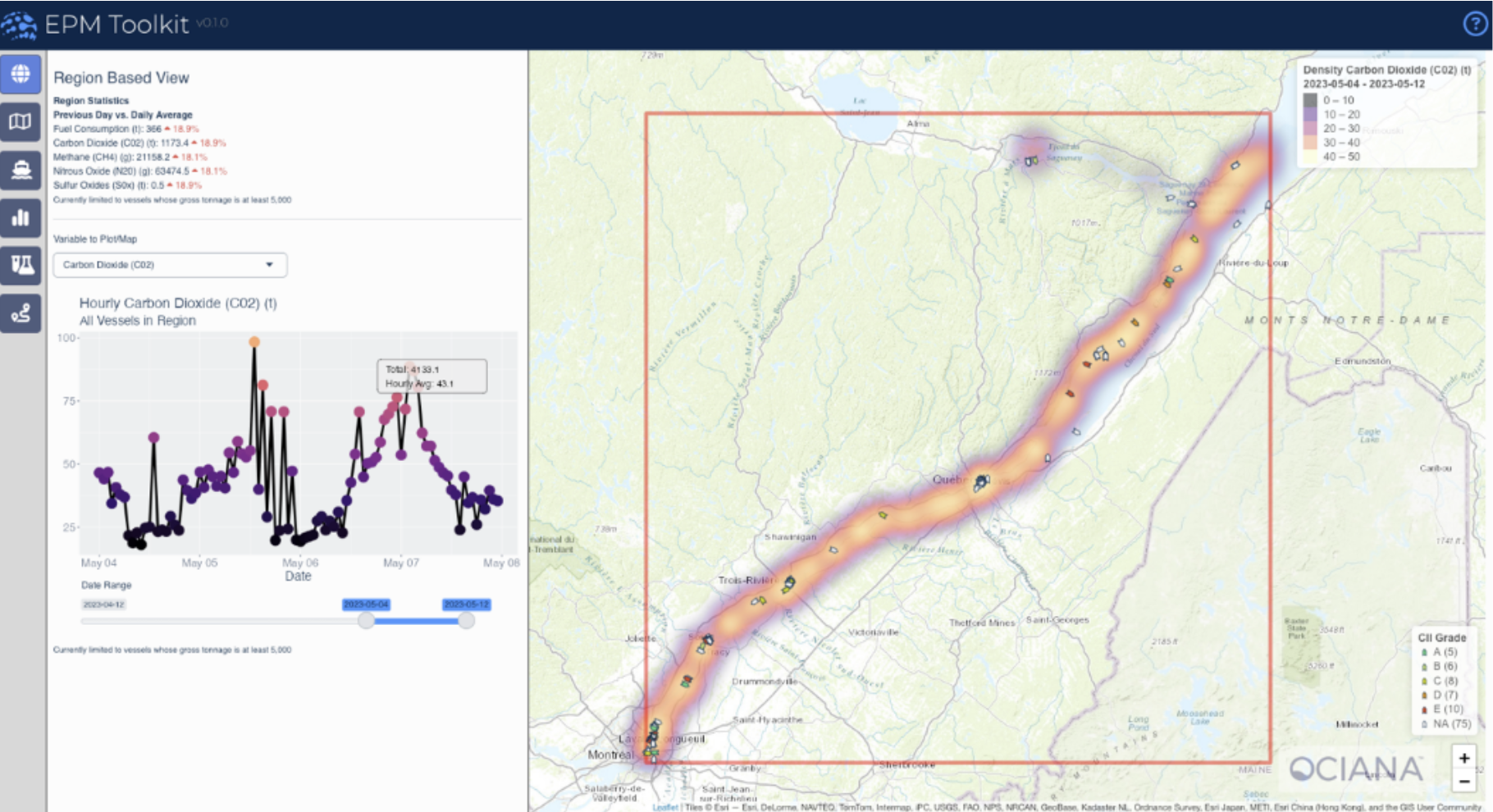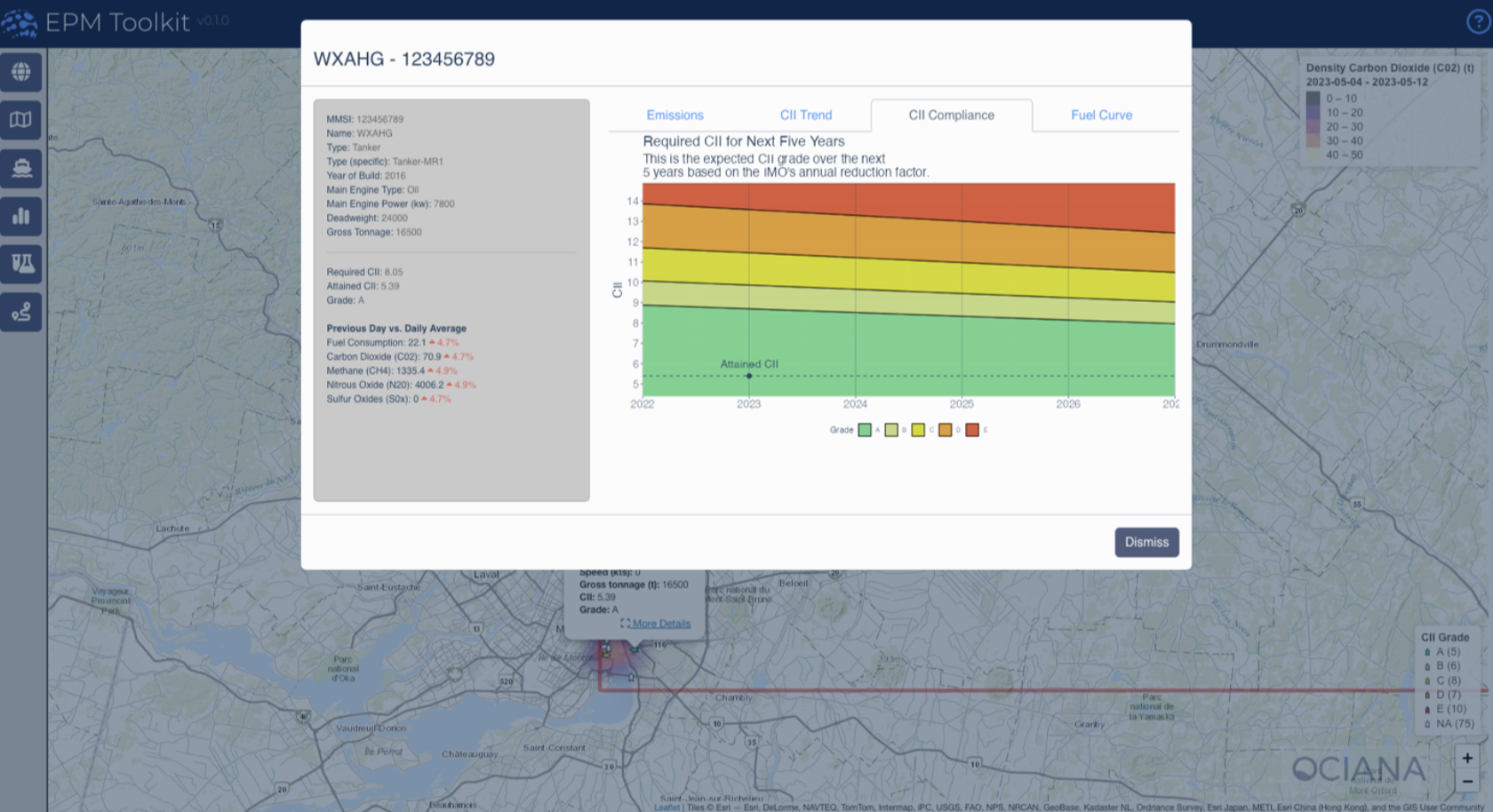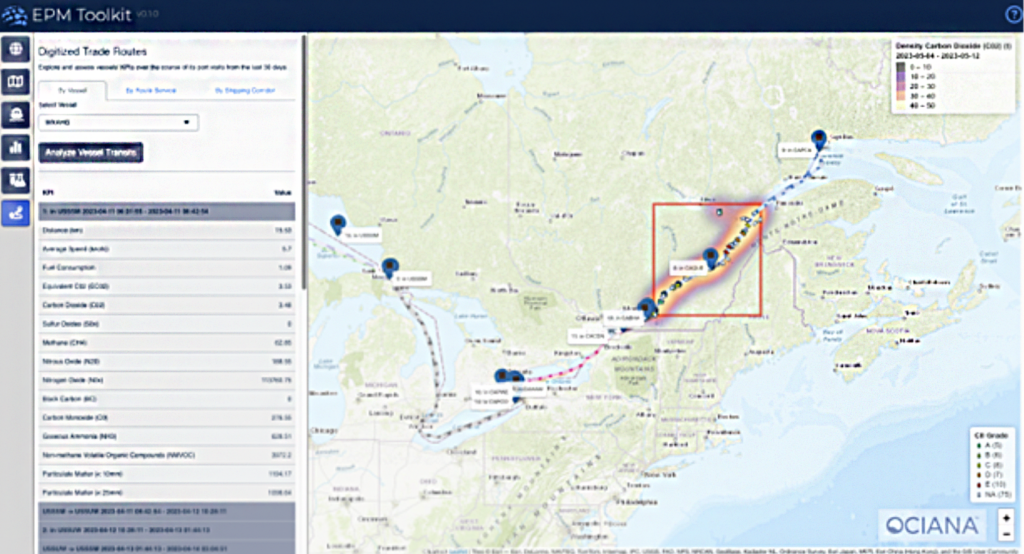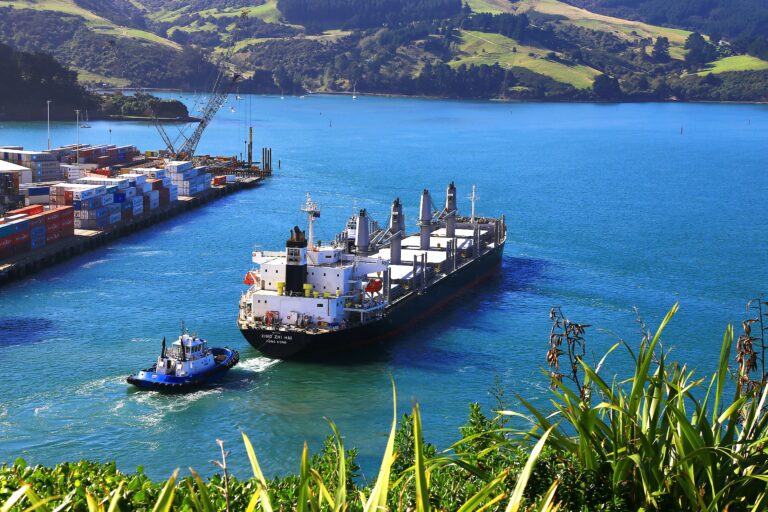The realities of climate change are becoming increasingly visible. Record ocean temperatures are occurring regularly around the world. Extreme heatwaves are causing droughts while extreme rainfall is causing floods. Storms are more frequent and hit with greater intensity. These changes have a transformative effect on maritime transportation.
90% of the movement of goods worldwide is transported by sea. While it is one of the most economic means of transportation, it is also one of the largest contributors of greenhouse gas (GHG) emissions.
The imperative to decarbonize has never been clearer. The Fourth IMO GHG Study 2020 estimated that in total shipping emitted 1,056 million tons of CO2 in 2018, accounting for roughly 3% of the total global anthropogenic CO2 emissions for that year.
The maritime industry is thus being mandated to prioritize rapid modernization by embracing new designs, technology and exploring options of using new environmentally friendly fuels. Vessels need to become smarter, using electronic engines, high quality fuel or other resources, while companies need to implement updated processes and follow better practices to reach the target of net zero by 2050.
To create a greener tomorrow, all maritime stakeholders must be equipped with modern tools that allow them to measure, monitor and predict their environmental impact. In a dynamic shipping world, clear and well understood insights are foundational to driving the transformation to a more sustainable future.
Enhance your operational efficiency and business resiliency with OCIANA’s logistics and environmental management capabilities
Use of AI in the maritime industry may be in its infancy, but AI has endless potential and provides tangible opportunities to support decarbonization efforts. Examples include:
- Tracking emissions with the goal of promoting energy efficiency
- Developing Green Digital Shipping Corridors which facilitate route optimization and sustainable fleet management
- Determining current operational effectiveness and reviewing methods to optimize operations
GSTS’s proprietary AI-powered platform, OCIANA™, can enable all maritime industry stakeholders to accelerate their movement towards a greener and more sustainable tomorrow. OCIANA™ connects ports, terminals, pilotages and shipping lines via a common platform and enables all players involved to benefit from its Environmental Performance Management (EPM) Toolkit. In combination, the benefits of OCIANA™ include:
- Reliable, real time indicators to measure performance and efficiency
- Predictive visibility to enable enhanced logistics and operational efficiencies including JIT arrival
- Advanced scenario planning and scheduling to minimize wait times and maximise resource utilization
- Environmental performance management to comply with industry standards
- Digital connectivity to facilitate collaboration across maritime stakeholders for incident reporting and recovery planning through a single platform

Figure 1. OCIANA’s EPM Toolkit: current and historical emissions and fuel consumption for vessels in a geographic region, such as a port.

Figure 2. The EPM Toolkit enables vessel operators to determine and forecast CII compliance as well as identify ways to improve CII.

To learn more, contact us at sales@gsts.ca



